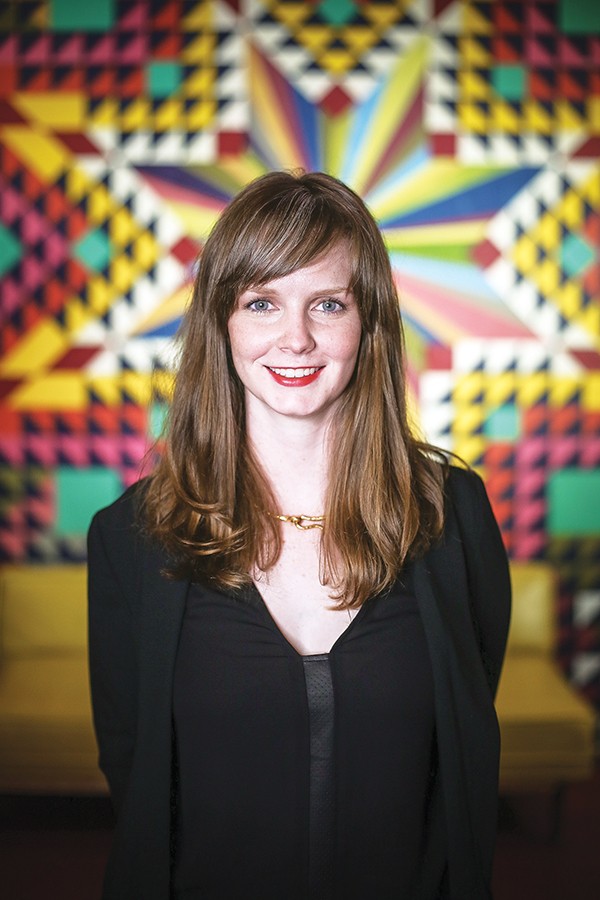Last week, Memphis City Council members pulled $350,000 from the UrbanArt Commission (UAC) in a move that shocked leaders of the organization that commissions public art for the city.
Council member Joe Brown led the effort to pull the funding, saying the commission doesn’t spend enough money with local or minority artists.
UAC executive director Lauren Kennedy said the move “didn’t knock us out” and that “we’re still in the mix.” She said she’ll return to the council in July to request the funds be put back in the UAC budget for the next coming fiscal year.
When she goes back to the council, though, Kennedy said she’ll show them UAC is ready to find more opportunities for locals and minorities. — Toby Sells
Memphis Flyer: So, what happened at the council meeting, and what led up to that?

Lauren Kennedy
Lauren Kennedy: There have been concerns over the UrbanArt Commission awarding projects to folks out of town as long as I have been aware of the UrbanArt Commission, definitely before my time as the executive director.
I can appreciate where people are coming from. I can appreciate looking at money being spent and wanting that money to be spent locally. But I have never felt that this is an either/or proposition.
Supporting local artists doesn’t mean that we shouldn’t be engaging with the wider world. To ask that we only support local artists cuts us off from what’s happening in the rest of the country in a way that doesn’t do anybody any service.
MF: What do you make of the assertion that the UrbanArt Commission doesn’t go far enough to support artists of color?
LK: It’s not true that we don’t support local artists of color. But we do have a lot of room to grow.
People of color in the art world experience the same inequities that come at people of color in all of the different industries in Memphis and across the country. There are the same barriers to education and training and resources [in the art world] as there are in the tech industry.
It’s something that we’re taking very seriously as an organization, exploring how we can be a better support mechanism, how we can engage more artists and different kinds of artists because we’d also like to see greater diversity in the media that we’re presenting to the public.
MF: How do you go forward in the short term?
LK: We’re scheduling lots of meetings, making lots of phone calls. We’re going to be sharing some thoughts on Facebook for people who are out there and feeling angry about this decision. As we get closer to knowing when we’re going back to council, we’re going to ramp up some more public displays of support around that.
But it’s touching base with a lot of people that are supported by and invested in this work and letting them know that this hasn’t knocked us out. We’re still in the mix. We’re not going anywhere.
We’ll be spending time with people who have concerns and making sure those concerns are heard and that they see that we’re going to address it as best we can.